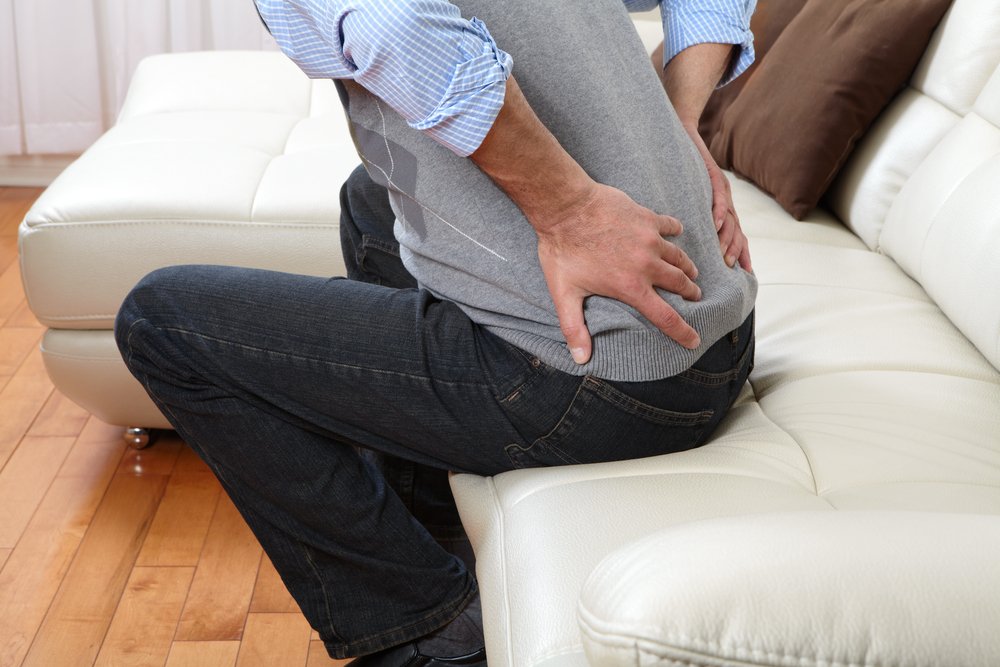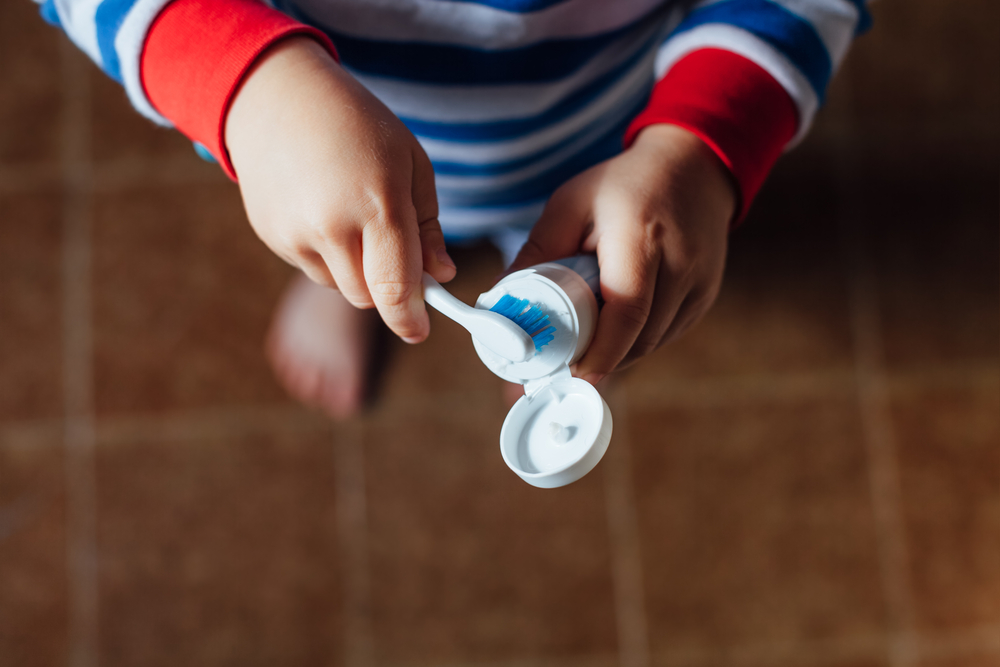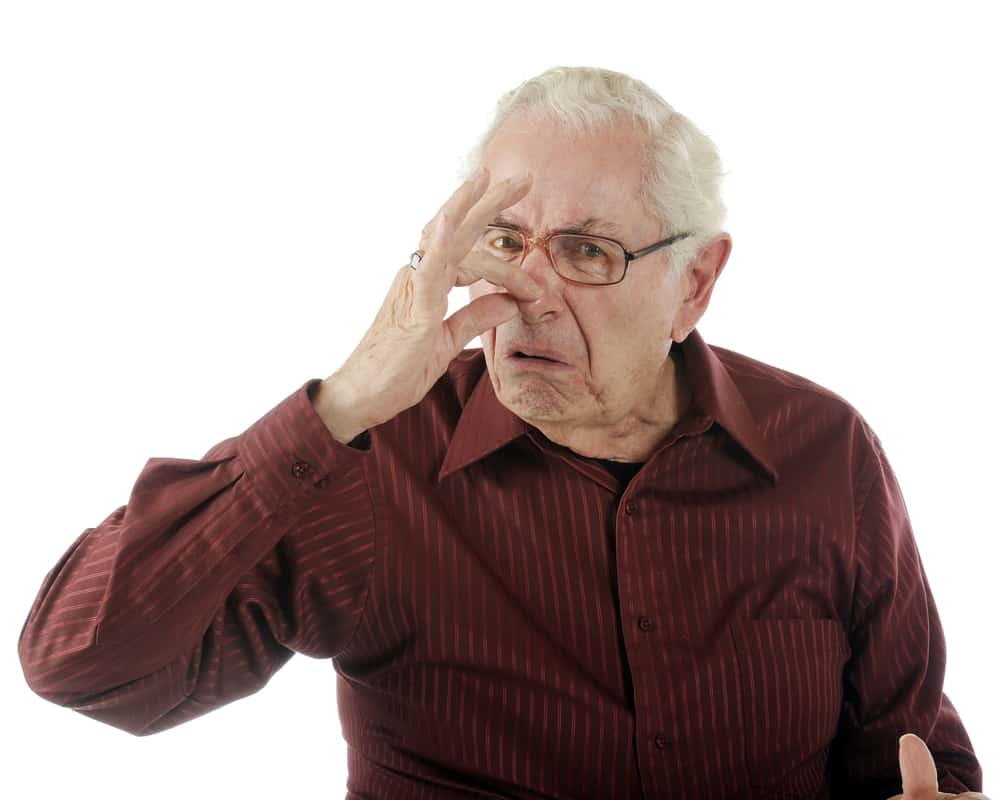Contents:
- Medical Video: Antibody-Disease Correlations Made Simple!
- What is an anti-jo-1 antibody?
- When do I have to take anti-jo-1 antibodies?
- What should I know before undergoing anti-jo-1 antibodies?
- What should I do before undergoing anti-jo-1 antibodies?
- What is the anti-jo-1 antibody process?
- What should I do after undergoing anti-jo-1 antibodies?
- What do the test results mean?
Medical Video: Antibody-Disease Correlations Made Simple!
Definition
What is an anti-jo-1 antibody?
The Anti-Jo-1 antibody test is used to accurately diagnose advanced autoimmune interstitial pneumonia and autoimmune myositis.
Anti Jo-1 (Antihistidyl transfer synthase) is one form of anti nuclear nuclear antigens (anti-ENA) in the human body.
Anti-Jo-1 is commonly found in autoimmune interstitial pneumonia patients and some advanced autoimmune inflammation sufferers. These antibodies are usually used to diagnose both diseases.
When do I have to take anti-jo-1 antibodies?
Your doctor will recommend a test if you have symptoms of autoimmune disease and interstitial pneumonia, and if you receive a positive result from the ANA test. Symptoms of autoimmune interstitial pneumonia are:
- You experience difficulty breathing when doing heavy work such as exercising or climbing stairs
- over time, you may experience difficulties in daily activities such as bathing, dressing, eating and talking
- cough
- muscle pain, weight loss, fatigue
- cyanosis on the lips, skin and nails
Prevention & warning
What should I know before undergoing anti-jo-1 antibodies?
Anti-Jo-1 antibodies are important clues in diagnosing interstitial lung disease and in classifying the stages of the disease so that the doctor can provide appropriate treatment. In addition, these antibodies can be used to monitor your condition and response to treatment.
It is important that you understand the warnings above before running this test. If you have questions, consult your doctor for further information and instructions.
Process
What should I do before undergoing anti-jo-1 antibodies?
The doctor will explain the test process to you. This test is a blood test. You do not need to make special preparations, other than avoiding eating and drinking before the test.
You are recommended to wear clothes with short sleeves to facilitate the process of taking blood.
What is the anti-jo-1 antibody process?
The medical personnel who are in charge of taking your blood will take the following steps:
- wrap an elastic belt around your upper arm to stop the blood flow. This makes the blood vessels under the bond enlarge making it easier to inject needles into the vessels
- clean the part to be injected with alcohol
- inject a needle into a vein. More than one needle may be needed.
- attach the tube to the syringe to fill it with blood
- remove the ties from your arms when taking blood is enough
- attach gauze or cotton to the injected part, after the injection is finished
- put pressure on the part and then put on a bandage
What should I do after undergoing anti-jo-1 antibodies?
The doctor or nurse will take your blood sample. Pain depends on the skills of the nurse, the condition of the blood vessels and your sensitivity to pain.
After the blood collection process, you are recommended to bandage with a bandage and lightly press your blood vessels to stop bleeding. You can move as usual after undergoing a test.
If you have questions about the process of this test, consult your doctor to understand further.
Explanation of Test Results
What do the test results mean?
Normal results: negative.
Abnormal results: Jo-I antibody enhancement:
- lung fibrosis
- autoimmune myositis
Consult your doctor if you have questions about the test results.
Hello Health Group does not provide medical advice, diagnosis or treatment.











